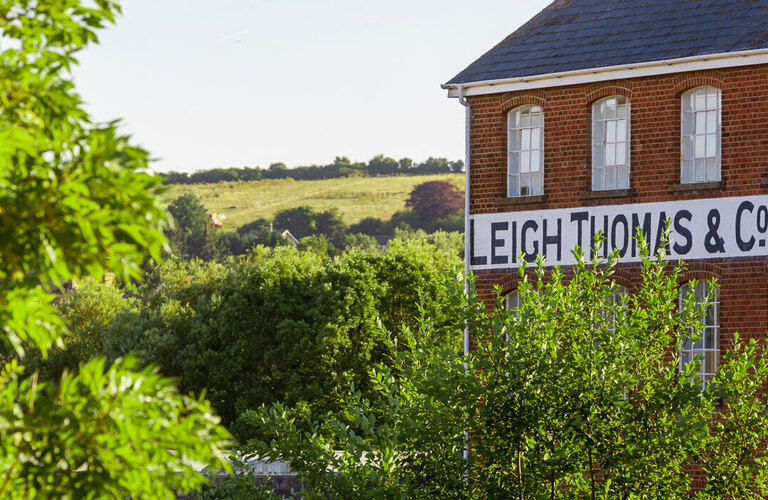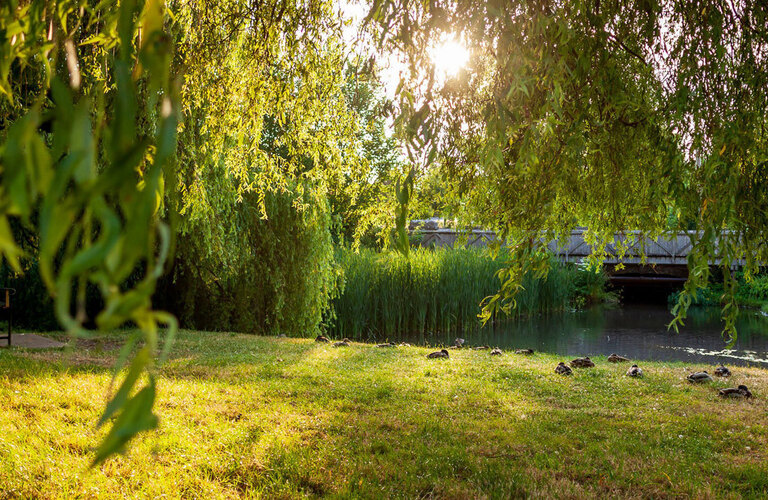Isle Find It is an established Local Directory of Businesses, Services, and Events on the Isle of Wight, enabling you to access the information you need, all in one place.
Click Here for more information.
The General Register Office serves England and Wales. It holds the records of births, stillbirths, adoptions, marriages, civil partnerships and deaths. Scotland has the National Records of Scotland to serve the same function. Northern Ireland has the General Register Office for Northern Ireland.
Click Here for more information.
Universal Credit is a payment to help with your living costs. It’s paid monthly – or twice a month for some people in Scotland. You may be able to get it if you’re on a low income, out of work or you cannot work. Universal Credit is being rolled out to replace Jobseeker’s Allowance, Housing Benefit, Working Tax Credit, Child Tax Credit, Employment & Support Allowance and Income Support. The full rollout of Universal Credit is scheduled for completion in 2024.
Between March 13th 2020 and January 14th 2021 there were 4.5 million Universal Credit claims. Over a third of Universal Credit claims have been made since the start of the Coronavirus pandemic.
Click Here for more information.
WikiJob produces content on careers, products and wellness to educate, inform and enlighten readers. WikiJob is the best place to prepare for your interview, assessment centre or aptitude test.
Click Here for more information.
Who to call in the event of a flood
If you need to be evacuated because of severe flooding or damage, contact the police or dial 999.
For general issues around flooding, contact the Isle of Wight Council on (01983) 823600 (this also doubles up as the COVID-19 support line).
If you believe the flooding is from a main river or the sea, contact the Environment Agency on 0345 988 1188. www.environment-agency.gov.uk
The Environment Agency also provides help on flooding issues via its Floodline: 0345 988 1188.
To report flooding on the highway or drainage issues, contact Island Roads on (01983) 822440. www.islandroads.com
Notify Southern Water if flooding affects your mains sewage/public drains by calling 0330 303 0368. www.southernwater.co.uk
Notify the National Grid to report a gas leak as the result of flooding on 0800 111 999.
Notify SSE of electrical issues such as power cuts by calling 105.
For non-emergency calls pertaining to vulnerable older people, call adult services on (01983) 823340 (office hours) or (01983) 821105 (out of hours).
NHS '111' for non-urgent health concerns.
Think about flooding before it happens
The council or the Environment Agency can tell you about the dangers of flooding where you live.
If available for your neighbourhood, sign up for free flood warning messages from the Environment Agency’s Floodline: 0345 988 1188.
Make a personal ‘flood plan’ for what you will do in a flood. Advice is available from: www.gov.uk/prepare-for-a-flood/make-a-flood-plan
Prepare your home in case there is a flood. This includes flood proofing, flood boards and airbrick covers. Advice is available from: http://ow.ly/GRsij
Buy flood insurance to protect your home and your belongings.
Sandbag provision
While it is not the council’s responsibility to protect individual homes or businesses and people are responsible for their own properties, in some emergency situations, the council will instruct Island Roads to position stocks of sandbags at the following strategic locations:
• Well Road, East Cowes.
• Simeon Street Recreation Ground, Ryde.
• St Mary's car park, Cowes
Additional sandbag locations may be identified around the Island based on the forecast impacts of flooding and in areas where the Environment Agency has advised there is a potential risk of flooding.
Public health information
In the event of a flood, try to avoid contact with the flood water. Do not drive through flood water and do not let children play in it.
Take care if you must go through flood water as there could be hidden dangers like sharp objects, raised manhole covers and pollution.
When cleaning up after a flood, wear rubber gloves, boots and eye protection, and wash your hands afterwards.
If your home is flooded, do not use petrol or diesel generators indoors to dry out your home. The exhaust gases contain carbon monoxide, which can kill.
Dealing with damaged belongings following a flood
Speak to your insurance company about losses and clean up including the removal of damaged property. Bagged flood damaged property can be taken to the tip.
Other useful contacts
For adverse weather and flooding guidance, visit https://www.iow.gov.uk/.../Adverse-Weather-and-Flooding
The Met Office, 0370 900 0100. www.metoffice.gov.uk
For food safety advice after flooding, including how to make baby food without mains water, contact the Food Standards Agency: 020 7276 8829.
Trading Standards (01983) 823000. Be wary of cold callers offering services following a flood at your property.
For more information about the Isle of Wight Trader Approval Scheme, visit: https://www.iow.gov.uk/tas/
Disposal of larger items
Larger furniture items may need specialist removal. If this is not covered by your insurance, please contact waste.contract@iow.gov.uk for advice on waste removal.
Find out more
This government PDF file provides more useful information (publishing.service.gov.uk)
There are many aspects of daily living that have the power to impact the environment negatively. When taking into account every household, business, and service, these factors then have the power to increase environmental damage on a momentous, global scale.
Water waste is just one example of a damaging environmental factor, but it's an extremely significant one. It's very important for individuals, households, and businesses alike to understand the impact of water waste on the environment so that the world at large can work to a more sustainable future.
Click Here for more information.
Around 5.2 million properties in England are at risk of flooding. But with the right preparation, you can manage the risks and improve your flood resiliency.
Flooding is often described as something that you can’t predict or prevent. However, you can prepare your home and finances to stand up to the shock.
There are lots of different ways that floods can start. Although some areas are more likely to flood, flooding can happen almost anywhere if there is enough rain.
In the UK, flooding is usually caused by:
- River flooding when a watercourse is overwhelmed by too much water draining into it.
- Coastal flooding, which is usually caused by a combination of high tides and storms.
- Surface water flooding, which is caused by heavy rainfall. This type of flooding is very unpredictable. It can happen anywhere, including in towns and cities.
- Sewer flooding when sewerage systems are overwhelmed by heavy rain or become blocked.
- Groundwater flooding when water in the ground rises above surface level. This is more likely in areas with chalk or sandstone bedrock.
Click Here for more information.
Rehab 4 Addiction was founded to assist those affected by substance misuse and their loved ones. They offer a range of services designed to help signpost you to the most effective treatments. This includes alcohol rehab, drug rehab, detox services, intervention, aftercare and outpatient counselling offered by a variety of third-party UK Private Addiction Rehab or NHS/Council-Funded providers. Their helpline advisors are committed to helping you in your quest to locate effective treatments for addiction. You pay nothing for the Rehab 4 Addiction service and free options are typically signposted if fee-paying treatment is not an option for you.
Click Here for more information.










